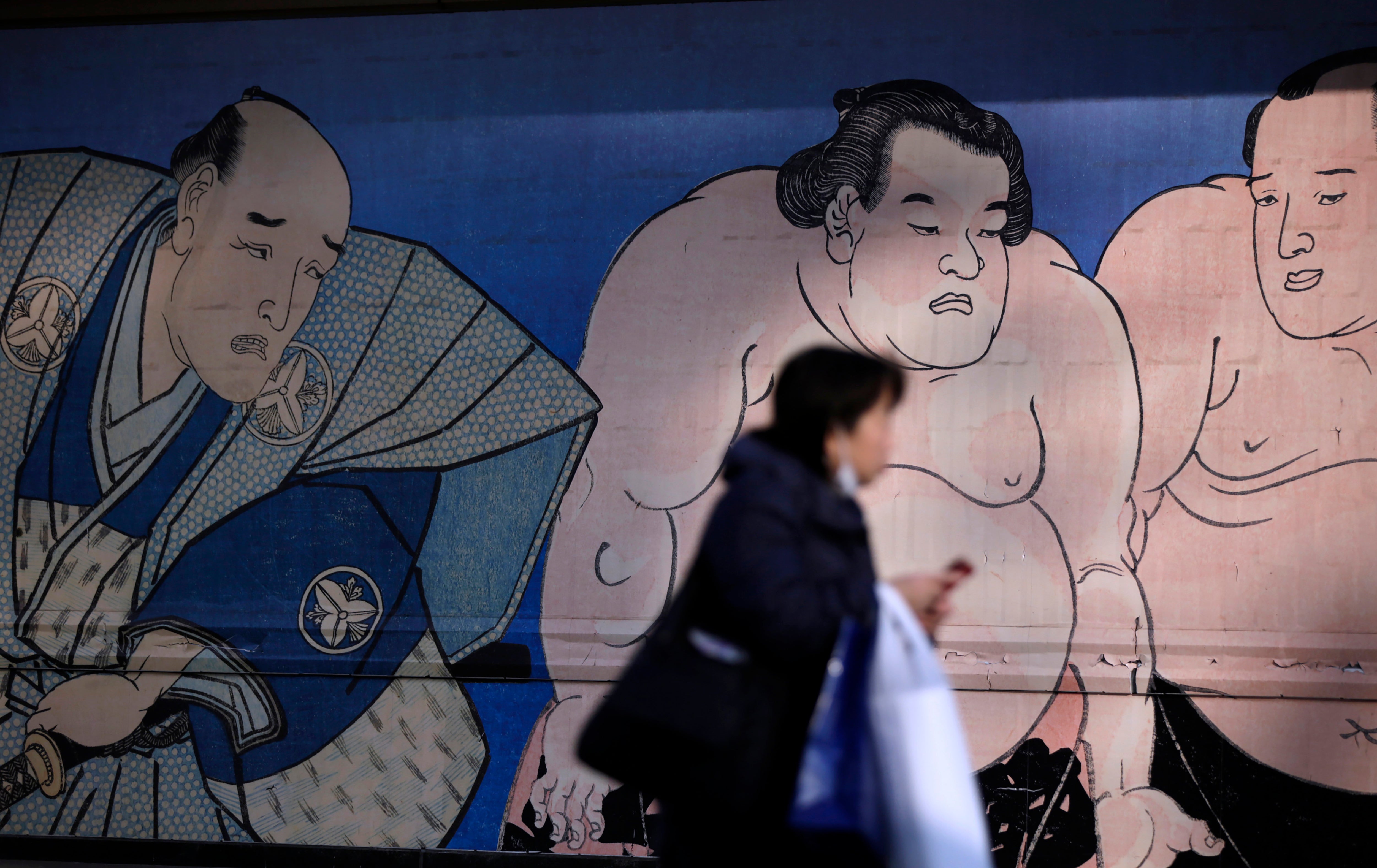Sumo wrestler dies month after falling on head during bout
A Japanese sumo wrestler has died a month after falling on his head during a bout in a case that has raised questions about the sport's response to medical emergencies

Your support helps us to tell the story
From reproductive rights to climate change to Big Tech, The Independent is on the ground when the story is developing. Whether it's investigating the financials of Elon Musk's pro-Trump PAC or producing our latest documentary, 'The A Word', which shines a light on the American women fighting for reproductive rights, we know how important it is to parse out the facts from the messaging.
At such a critical moment in US history, we need reporters on the ground. Your donation allows us to keep sending journalists to speak to both sides of the story.
The Independent is trusted by Americans across the entire political spectrum. And unlike many other quality news outlets, we choose not to lock Americans out of our reporting and analysis with paywalls. We believe quality journalism should be available to everyone, paid for by those who can afford it.
Your support makes all the difference.A Japanese sumo wrestler has died a month after falling on his head during a bout in a case that has raised questions about the sport’s response to medical emergencies.
Hibikiryu, 28, died of acute respiratory failure on Wednesday, the Japan Sumo Association said Thursday.
The wrestler, whose real name was Mitsuki Amano, was thrown by his opponent during a bout at a tournament on March 26. Footage of the bout showed he fell on his head hard and lay face down for several minutes while sumo officials watched and waited for paramedics to arrive.
On a stretcher, the wrestler was conscious and told sumo officials that he felt his lower body was paralyzed, but his condition had been improving at the hospital, Nikkan Sports newspaper reported.
Sumo officials told Japanese media it was unknown whether Hibikiryu’s death was related to his injury. There was no immediate comment from his family.
There were no medical experts standing by to give him first-aid treatment, according to Japanese media reports. Wrestlers are customarily expected to get up by themselves, while medical experts are at the tournament site but not standing by near the ringside.
The ancient Japanese sport, which originally was part of a Shinto religious ritual, has faced calls for reforms, including of its emergency medical response and its bans on women entering the ring, which is considered sacred.
In 2018, the association came under fire after demanding a nurse and other women leave the ring, which they had entered to give first aid to an official who had collapsed.
Hibikiryu debuted in 2011 and rose as high as 24th in the 200-member sandanme-class, fourth highest of sumo's six ranks.
Another young, lower-tier sumo wrestler, Shobushi, died last May at age 28 after contracting the coronavirus and developing pneumonia.